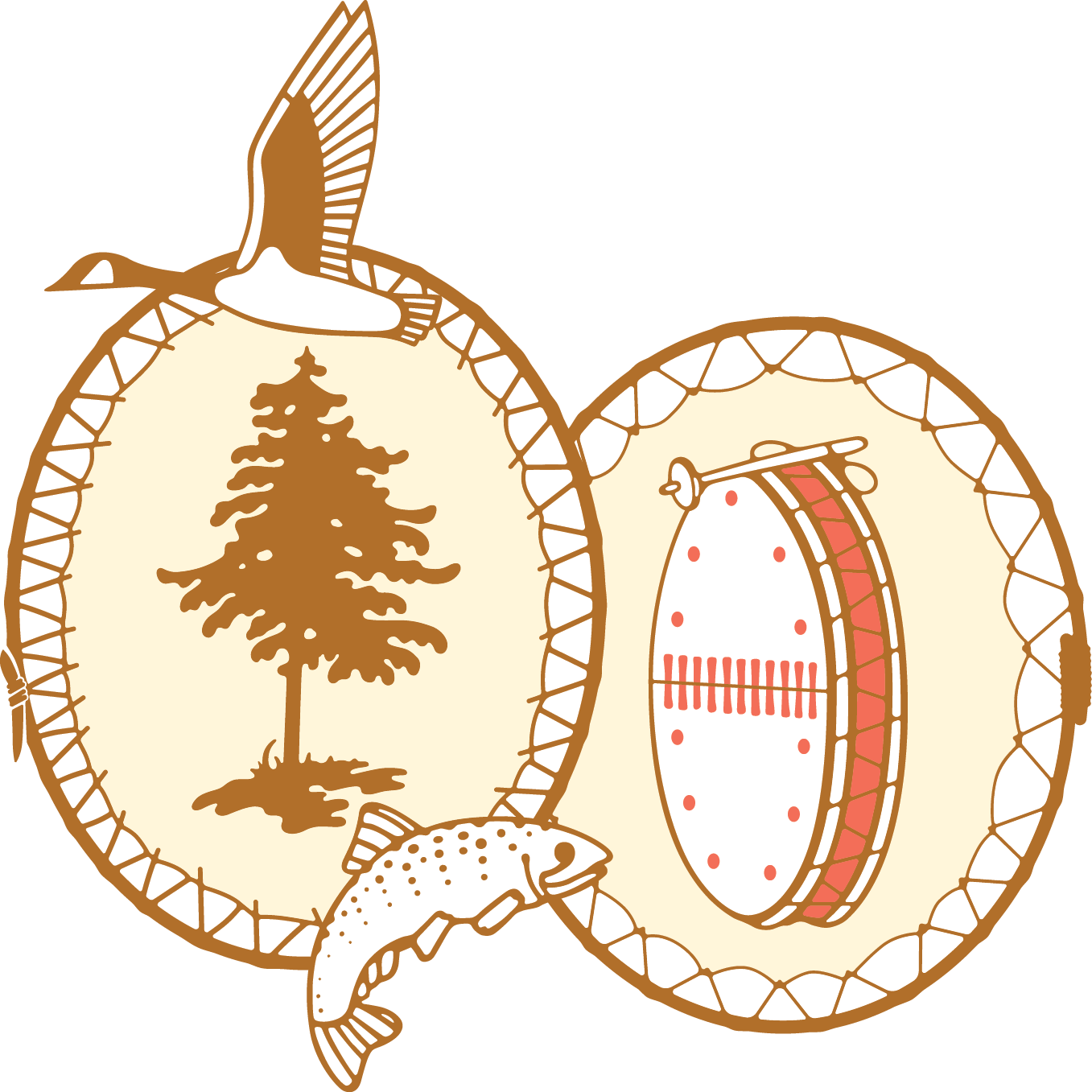The Court of Appeal held that in deciding whether or not to authorize the project, the Minister was not only permitted but required to consider the Cree Nation’s position on the Matoush Project, which was located on the traditional family hunting grounds of the Cree Nation of Mistissini.
“For the Cree Nation, this decision is about more than just the Matoush Project,” said Grand Chief Abel Bosum. “This judgment upholds the integrity of the unique environmental and social impact review process established by the James Bay and Northern Quebec Agreement. It is a significant recognition and reinforcement of our treaty rights.”
“This is an affirmation of the Cree Nation’s important role in development occurring on our territory of Eeyou Istchee,” noted Bill Namagoose, Executive Director of the Cree Nation Government. “The Quebec government – and now, the Quebec Court of Appeal – have recognized that the social acceptability of proposed projects is an essential requirement for development in Eeyou Istchee.”
The proposed Matoush Project – the most advanced uranium development project in Quebec – was located on the traditional family hunting grounds of the Cree Nation of Mistissini. In August 2012, the Cree Nation declared a permanent moratorium on all uranium activities in its traditional territory of Eeyou Istchee. In November 2013, the Quebec Minister of the Environment refused to grant a certificate of authorization for the Matoush Project, citing a lack of social acceptability amongst the Cree Nation of Mistissini, the population most directly impacted by the project.
Strateco’s claim against Quebec was dismissed at trial in 2017 and Strateco subsequently appealed. The Grand Council of the Crees (Eeyou Istchee), Cree Nation Government and Cree Nation of Mistissini participated as interveners in the trial and appeal. If Strateco seeks a further appeal to the Supreme Court of Canada, the Cree Nation intends to continue its participation and to vigorously defend Cree treaty rights.
“The Cree Nation supports development that is consistent with our values and way of life,” said former Grand Chief Matthew Coon Come, who was also a witness in the 2017 trial. “We remain committed to protecting our environment and our way of life from the unacceptable risks that uranium mining presents, now and for future generations.”


